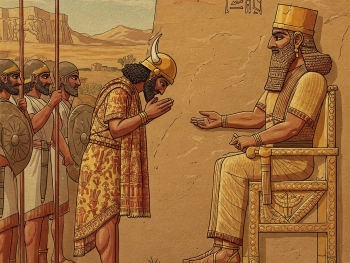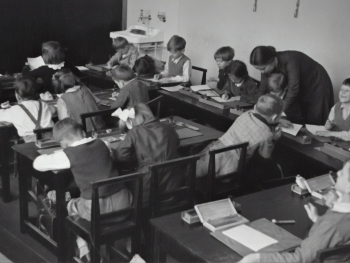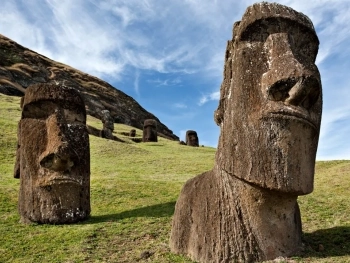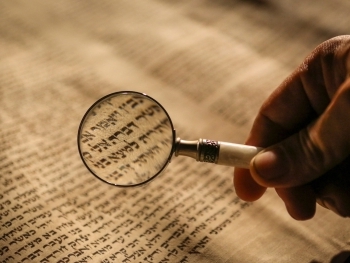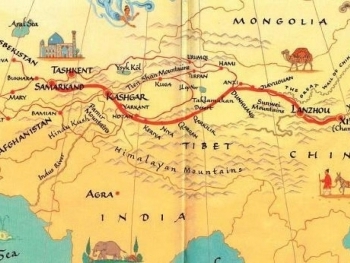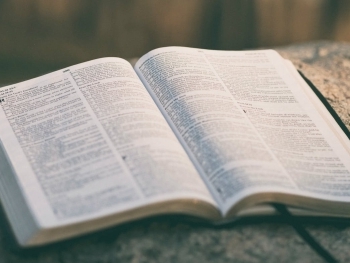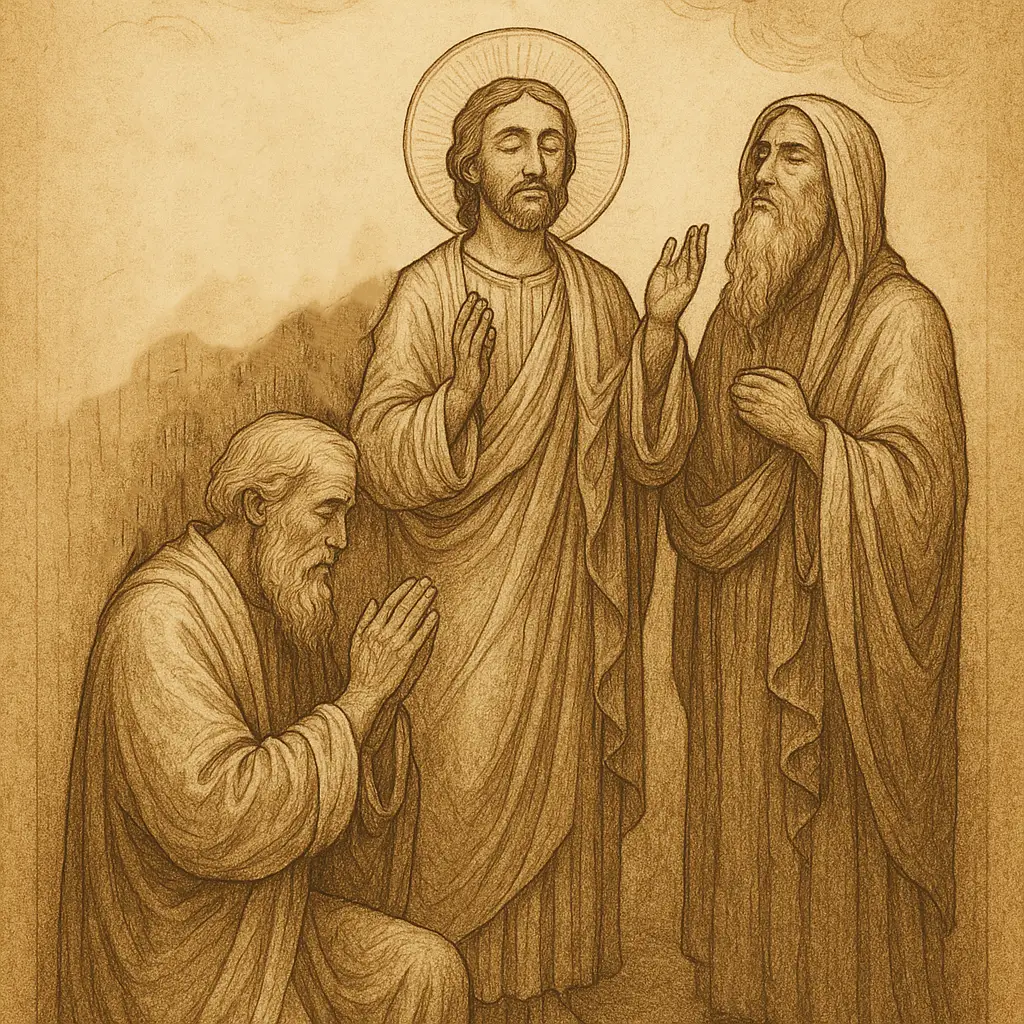
Prophets hold a revered status across many of the world’s major religions. As individuals chosen to convey divine messages, they are often remembered with deep respect, veneration, and love. One of the most profound ways believers express their connection to prophets is through prayers—supplications made for, to honor, or inspired by the prophets. These prayers can serve as a spiritual bridge, connecting the faithful with divine guidance, historical tradition, and timeless moral values.
This article explores how different faiths engage in prayers for prophets, the reasons behind these practices, and some notable examples of these prayers.
1. Understanding the Purpose of Praying for Prophets
While God’s chosen messengers are often seen as being in a state of divine favor, praying for prophets does not suggest they are in need of human intercession. Rather, such prayers are expressions of:
- Love and reverence: Acknowledging the sacrifices and teachings of prophets.
- Continuity of blessings: Asking God to increase the rank or peace of the prophet.
- Spiritual emulation: Strengthening one’s own spiritual path by aligning with prophetic virtues.
- Remembrance: Keeping alive the legacy and message of prophets.
2. In Islam: Salawat upon the Prophet Muhammad ﷺ
One of the most well-known and widely practiced forms of prayer for a prophet occurs in Islam. Muslims are encouraged to send blessings upon Prophet Muhammad (peace be upon him), known as Salawat.
The Salawat:
The most common formula is:
"Allahumma salli ‘ala Muhammad wa ‘ala aali Muhammad, kama sallayta ‘ala Ibraheem wa ‘ala aali Ibraheem, innaka Hameedun Majeed."
(“O Allah, send blessings upon Muhammad and upon the family of Muhammad, as You sent blessings upon Abraham and the family of Abraham. Indeed, You are Praiseworthy and Glorious.”)
Why Muslims Pray for Muhammad ﷺ:
-
The Qur’an commands it:
"Indeed, Allah and His angels send blessings upon the Prophet. O you who believe, send blessings upon him and peace as well."
(Qur’an 33:56) - It's an act of obedience and love.
- It brings spiritual reward and nearness to the Prophet on the Day of Judgment.
Muslims also send peace and blessings upon other prophets, such as Ibrahim (Abraham), Musa (Moses), and ‘Isa (Jesus), often saying "peace be upon him" ( عليه السلام / alayhi as-salām) after mentioning them.
3. In Christianity: Honoring the Prophets and Jesus Christ
In Christianity, direct prayers for prophets are less common in liturgical practice, as the focus is usually on God the Father, Jesus Christ, and the Holy Spirit. However, prophets—especially from the Old Testament—are remembered and honored through readings, hymns, and intercessory prayer.
Prayers and Hymns:
- The Magnificat of Mary (Luke 1:46–55) praises God’s fulfillment of promises made through prophets.
- Saints and martyrs, some considered prophetic in their message, are venerated and remembered through feast days and prayers.
Jesus as the Ultimate Prophet:
Christians view Jesus not only as the Son of God but also as a prophetic figure who brought divine truth. Prayers to Jesus are central in Christian devotion, and his words in the Gospels serve as guiding light for prayer and reflection.
4. In Judaism: Remembering the Nevi’im (Prophets)
Judaism holds the Nevi’im (Prophets) in high regard—figures like Moses, Elijah, Isaiah, and Jeremiah. While Jews typically direct their prayers only to God, not to prophets, they do:
- Read the prophetic books in synagogues (especially during Haftarah readings).
- Recite blessings and songs that reference prophets.
- Ask for the return of Elijah, who is believed to herald the coming of the Messiah.
A famous line from the Passover Seder is:
“Eliyahu HaNavi” (Elijah the Prophet) — a song sung in hope of Elijah’s return.
5. In Other Traditions: Prophets and Sages
Bahá'í Faith:
Bahá’ís revere prophets (referred to as Manifestations of God) such as Abraham, Moses, Jesus, Muhammad, and Bahá’u’lláh. Prayers often reflect deep reverence for these figures and ask for guidance to follow their teachings.
Indigenous and Eastern Traditions:
While the concept of a “prophet” may differ, many Eastern and indigenous traditions hold in high regard spiritual teachers or seers who guide communities. Prayers may be offered in their memory, seeking to carry forward their wisdom.
6. The Significance of Prophetic Prayers Today
Prayers for prophets today are not just acts of religious obligation or tradition. They are:
- Anchors of identity in a rapidly changing world.
- Reminders of moral responsibility and justice.
- Sources of unity across faiths that share prophetic heritage.
- Pathways for inner transformation by contemplating prophetic character.
In a time when global challenges demand moral clarity, turning to the lives and messages of prophets through prayer can offer spiritual nourishment and guidance.
Prayers for prophets reflect a beautiful dimension of faith—a fusion of reverence, gratitude, and aspiration. Whether spoken softly in solitude or chanted in communal worship, these prayers bind the present to the sacred past and invite the soul toward a higher path. Across traditions, they remain a powerful expression of love for those who bore the light of divine truth to humanity.
Spirituality Early Christian Church Christian Faith Spread Of Christianity Spiritual Lessons Prophetic Voices Spiritual Journey Spiritual Wisdom Jewish Christian History of Christianity Christianity Spiritual Guidance Spiritual Growth Prophetic Messages Jewish context of Bible Spiritual Significance Spiritual symbols in Scripture spiritual well-being Christian theology Christians Religious History Spiritual Renewal Jewish History Christian History Prayers for Prophets Prophets Islamic Salawat Islam Prophet Muhammad Muhammad Christian Prophets Jewish Nevi’im Elijah the Prophet Elijah Interfaith Prayer Spiritual Practices Religious Traditions Honoring Prophets


